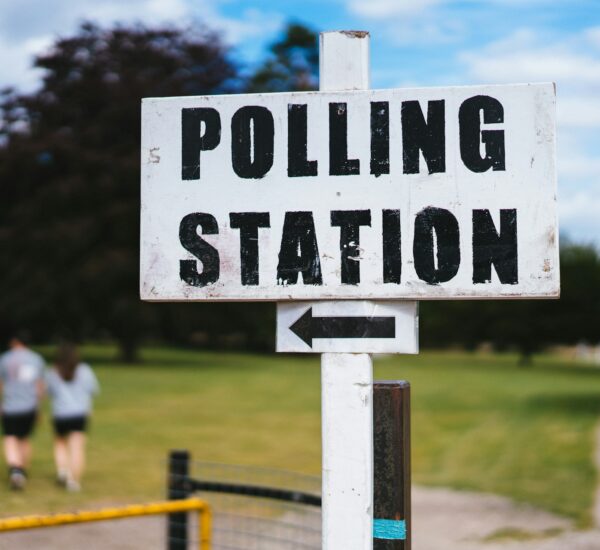Election Results To Be Overturned?
North Carolina’s state Supreme Court race has sparked intense debate, with concerns rising over the potential for political manipulation in the recount process. The race, which pits incumbent Democratic Justice Allison Riggs against Republican challenger Jefferson Griffin, has already undergone two recounts, but the results remain under scrutiny, especially with accusations of voter fraud and concerns over how the courts might intervene.
Riggs initially led Griffin by 734 votes after the first recount, but Griffin, a state appeals court judge, requested a second recount that involved manual tallying. This has kept the race in limbo, with both parties watching closely. In response to the unfolding situation, Anderson Clayton, Chair of the North Carolina Democratic Party, expressed her concern over the possibility that the state Supreme Court might overturn the results, particularly with its current conservative 5-2 majority.
Clayton pointed to the actions of the Republican-controlled legislature, which has been accused of attempting to undermine Democratic power. One controversial move was the passage of a bill that reallocates powers from the governor and other state officials to Republican-controlled offices. This includes shifting authority to the state auditor—currently a Republican—and limiting the power of the incoming Democratic governor, attorney general, and state superintendent. The bill passed with overwhelming support from Republicans in the legislature but faces a veto by Democratic Governor Roy Cooper.
With the balance of power shifting in the state, Republicans are pushing to override Cooper’s veto before the next legislative term begins in January. This could pave the way for greater GOP control in the state’s political future.
Adding to the drama, Griffin has raised concerns about the validity of over 60,000 ballots in the race, alleging incomplete voter registration forms and other technical issues. He has filed a lawsuit to challenge these ballots, arguing that many voters may not have been properly notified of missing information. The North Carolina State Board of Elections has been tasked with addressing these issues, and despite the challenges, it announced that it would not require a full hand recount after Riggs gained more votes in the latest recount.
For Republicans, these developments represent a troubling pattern of Democrat-led attempts to secure power through the courts and the election process, especially as the state sees a shift in its political landscape. The situation has raised questions about the integrity of the election process and whether partisan politics will continue to overshadow fair elections in North Carolina.
In the end, what’s clear is that the stakes are high, and both parties will continue to battle it out in the courts and the legislature to secure what they see as a rightful victory.






